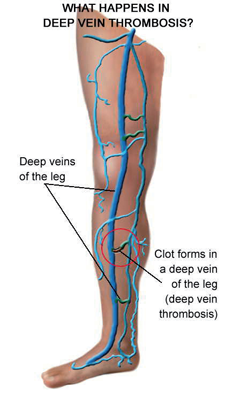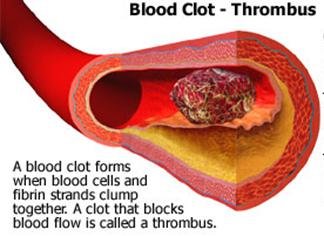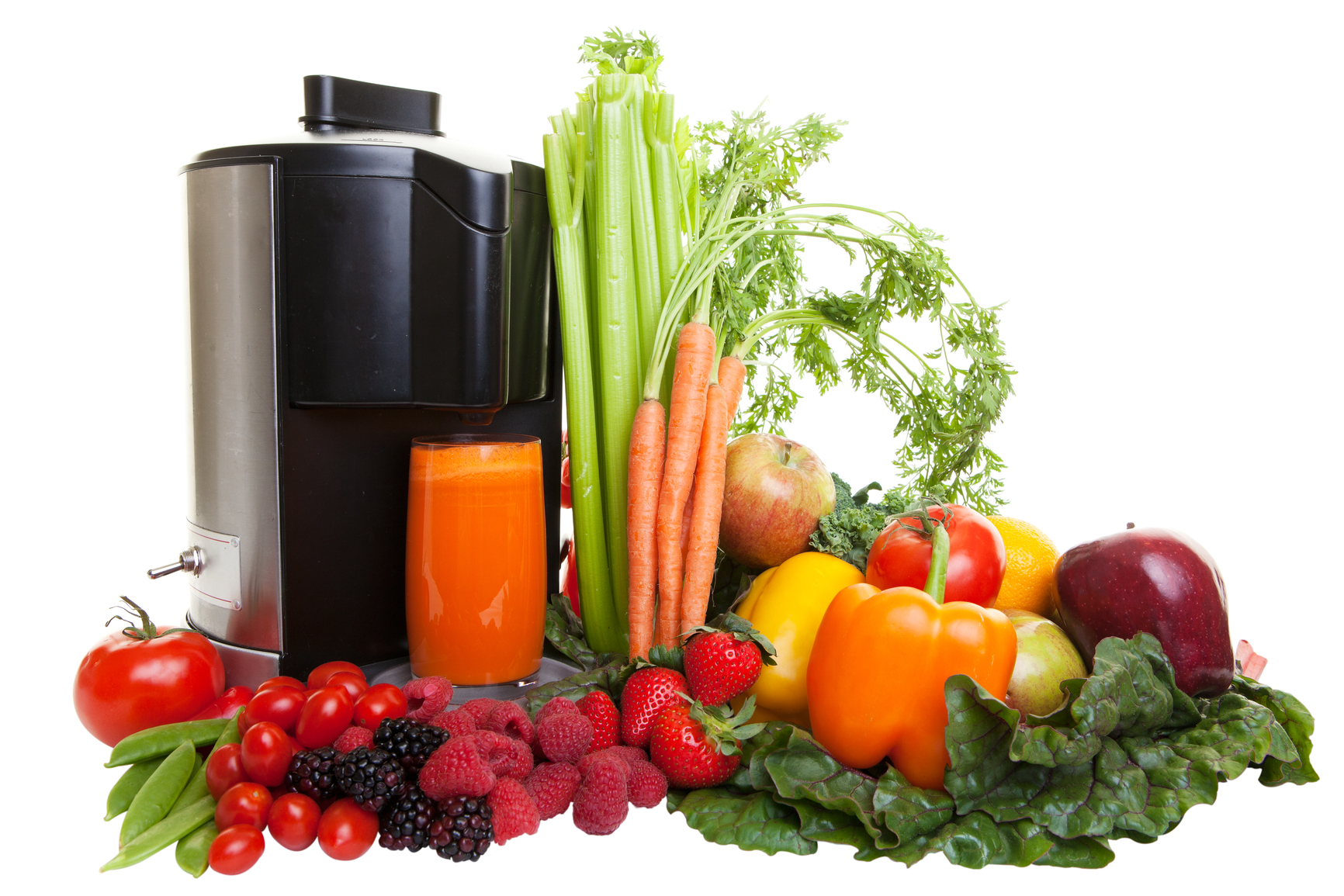Navigating the Vascular Maze in Cancer Medicine – Interview with vascular surgeon (now retired) Dr John Singe. To further this conversation I have added a number of resources and what I believe is very helpful information for anyone interested in health and wellbeing and disease prevention.
According to Jean Connors, MD and medical director of Anticoagulation Management Services at Brigham and Women’s Hospital and Dana-Farber Cancer Institute; Cancer patients are at a higher risk than the general population of developing serious blood clots, including deep vein thrombosis (DVT) in the legs or pulmonary emboli in the lungs, which can be fatal.
 “Of all the blood clots detected, 20 percent of them are detected in people who have cancer,” She says. Individuals over the age of 60 are at the highest risk of developing blood clots.
“Of all the blood clots detected, 20 percent of them are detected in people who have cancer,” She says. Individuals over the age of 60 are at the highest risk of developing blood clots.
“There is a balance in the body between pro-clotting and anti-clotting activity,” says Connors. ”Cancer skews the balance in terms of pro-clotting, increases inflammation, and compresses blood vessels, all risk factors for developing clots.”
As well as a tendency to coagulate or clot; treatments for cancer or blood disorders can also affect the balance of pro and anti-clotting factors.
Immobility and increased bed rest during treatment also enhances a patient’s risk of developing a hyper coagulant state this is why many hospital patients are treated with heparin or some form of anti-coagulant medicine. When seated in a car or aeroplane for long periods of time, it is important to change position, take short walks when possible to keep your blood flowing and practice the simple exercise talked about in today’s interview on Navigating the Cancer Maze Select the title to be redirected to my internet radio show on Voice America’s Health and Wellness Channel. (Free to listen live streaming or to download on itunes.)
http://www.voiceamerica.com/episode/84200/special-encore-presentation-navigating-the-vascular-maze-in-cancer-medicine-clotting-risks-for
Patient risk of DVT and embolisms increases enormously with air travel to overseas cancer clinics and in my experience; the issue is often not addressed with diagnostic measures or treatment at these clinics. Unfortunately I have seen this scenario many times including when cancer patients are informed of the risks but are dedicated to a “natural cancer therapies” approach. These patients left their Clexane injections in their luggage to be considered for use at a later date. Cancer did not take their lives. Too many died as a result of DVT and resultant embolisms.
Of course if you have had DVT, embolisms or blood coagulation issues in the past it is essential to inform your treating doctor or oncologist. This is also a trap for patients being treated overseas where their complete medical history is not made available or where there are language and translation issues.
Formation of vascular blood clots is also a leading cause of death in cancer patients because cancer cells create  conditions that favour clotting. We know that patients diagnosed with pancreatic, lung cancer, multiple myeloma, or hematologic malignancies are more likely to develop blood clots than other cancer patients due to cancer-specific factors, including their treatment regimens. These patients should receive particular attention in terms of preventative anti-coagulation therapy to decrease risk of events that could be fatal.
conditions that favour clotting. We know that patients diagnosed with pancreatic, lung cancer, multiple myeloma, or hematologic malignancies are more likely to develop blood clots than other cancer patients due to cancer-specific factors, including their treatment regimens. These patients should receive particular attention in terms of preventative anti-coagulation therapy to decrease risk of events that could be fatal.
Dr Connors states that 10 percent of people diagnosed with DVT who do not have a known cancer will be diagnosed with cancer as part of the clot evaluation or in the next year to two years!
PREVENTION AND AWARENESS:
Having seen so many patients with blood coagulation, DVT and embolisms; it serves as a warning sign that blood should be checked for coagulation problems as a part of wellness and disease prevention program. Did you know that egardless of cancer, if you are over 50; the greatest threat to your continued existence is the formation of abnormal blood clots in your arteries and veins. Even athletes and those who are physically fit can be at high risk.
Dietary management and adjustments can help reduce risk – as well as some plant-based phyto-chemicals that have been proven to decrease blood viscosity. However – self diagnosing blood coagulation problems and taking supplements for “blood-thinning” or even taking excessive amounts of foods known to help “thin the blood” is not recommended.

Recently I had a patient who experienced massive bleeding during a biopsy procedure. Her surgeon had told her to avoid aspirin and fish oil for 5 days before her procedure – which she dutifully did. However she was juicing large amounts of fresh ginger daily as well as turmeric root and she was making a juice from cabbage, mustard greens and turnip greens broccoli, asparagus an apple.
She almost bled out on the operating table and has had a long recovery due to excessive blood loss. It is not hard to see why specialists say to cancer patients when asked if they can have certain foods and supplements – “TAKE NOTHING – AVOID SUPPLEMENTS AND DON’T CHANGE YOUR DIET TOO MUCH”.
When the famous Hippocrates said “Let your food be your medicine and your medicine be your food” he did not mean juicing a wheelbarrow load of fruit and veges every day!!!
It is useful to know that several herbal preparations ( natural and supplemental) interfere with the anti-clotting activity of blood thinners and can increase bleeding time or your risk of bleeding. Garlic, ginger, celery seed, ginseng, curcumin and aniseed all carry coumarin effects (meaning that they can prevent your blood from clotting…. the opposite coagulation focussed on in this article.). (NOTE: Avoid combining tumeric (active ingredient curcumin) with anticoagulant and/or antiplatelet drugs. If you take blood thinning medication
- Due to “blood thinning” side effects of turmeric; cease to take it at least two weeks before any surgical procedure.
Two other helpful suggestions about taking Tumeric ( cucumin) - Caution with Diabetes. Turmeric may lower blood sugar. Avoid turmeric if you take diabetes medications, since turmeric could cause your blood sugar to fall even further. This could result in hypoglycemia.
- Caution with Gallbladder. The NIH recommends avoiding turmeric if you currently have problems with your gallbladder. If you have gallstones or a bile duct obstruction, turmeric may cause your condition to worsen.
Foods rich in vitamin E are also natural blood thinners.
Botanical Science and nutritional science knowledge tend to be little adhered to by the current fad that more is better whether in juice, smoothie or supplement. People are flocking to buy machines that will pulverise 10 carrots and 4 blocks of tofu along with bunches of kale and spinach etc in the pursuit of “health and wellbeing”!
In fact these approaches can really have a negative impact of health and wellbeing which I am already seeing in my Practice.
Case managing patients who wish to use complementary medicines and nutritional approaches alongside conventional medicine – presents a challenging management situation to health practitioners.
In our practice I do my best alongside my colleague Dr Whelan to gain patient’s trust in advising on what to take as supplements and foods. With 87 years experience between us – we try to educate and advise simplicity as a targeted approach – rather than trying to “hit a mosquito with a shotgun” – the one size fits all approach. We know they will be tempted and influenced by fellow patients and incorrect information in books and approaches generated by faddist cancer entrepreneurs as well as Dr Google. Experience tells us that our educated patients do very well indeed.
- As another example of the importance of botanical science knowledge and how a simple food might heal or hinder. While research suggests that tangeretin in mandarin oranges may help prevent cancer, people who already have cancer may not reap any benefits. In fact, a diet rich in mandarin oranges may provide counteractive results in these people as tangeretin appears to interfere with metabolism of some drugs, including the anti-cancer drug tamoxifen. Mandarins and grapefruit are just two of many foods that should be avoided due to interactions with life-saving pharmaceutical treatments.
ASK A HEALTH PROFESSIONAL WHO IS QUALIFIED AND EXPERIENCED IN CANCER AND HERB/NUTRITIONAL DRUG INTERACTIONS TO DESIGN A PERSONALIZED HEALTH RESTORATION PROGRAM FOR YOU.
Realise that your situation will change as response and treatments change. This is why regular communication and case management is imperative for every cancer patient.
For those cancer patients who live in Queensland – you might like to visit our Gold Coast based consulting rooms where Blood tests and other checks can be organised to increase your wellbeing and lower risks of blood disorders and assist with your cancer management program. More information? Email me via the contact page on this blog or visit www.gracegawlerinstitute.com or www.drwhelan.com
Recommendation – Ongoing Management:
If you are diagnosed with a blood clot, be sure to complete all age-appropriate cancer screenings, including mammograms, Pap smears, and colonoscopies, among others, to evaluate your cancer risk. If all tests are negative, implying no cancer is detected, then it has been recommended that the basic clinical evaluation is repeated every 6 months in the 2 years after the clot occurred. In this way, it is likely that most cancers, if they occur, will be promptly detected. If you know someone who has had DVT without a known cause – please direct them to the following video. We all know that early detection of cancer means better outcomes.
[youtube https://www.youtube.com/watch?v=uZmT0xgv2Z4&w=560&h=315]
RESOURCES:
http://www.stoptheclot.org/
http://www.stoptheclot.org/documents/fam_test.pdf
http://www.voiceamerica.com/episode/84200/special-encore-presentation-navigating-the-vascular-maze-in-cancer-medicine-clotting-risks-for
www.gracegawlerinstitute.com
http://www.cdc.gov/ncbddd/dvt/facts.html
http://www.cdc.gov/ncbddd/dvt/diagnosis.html
Until next time……
Grace
